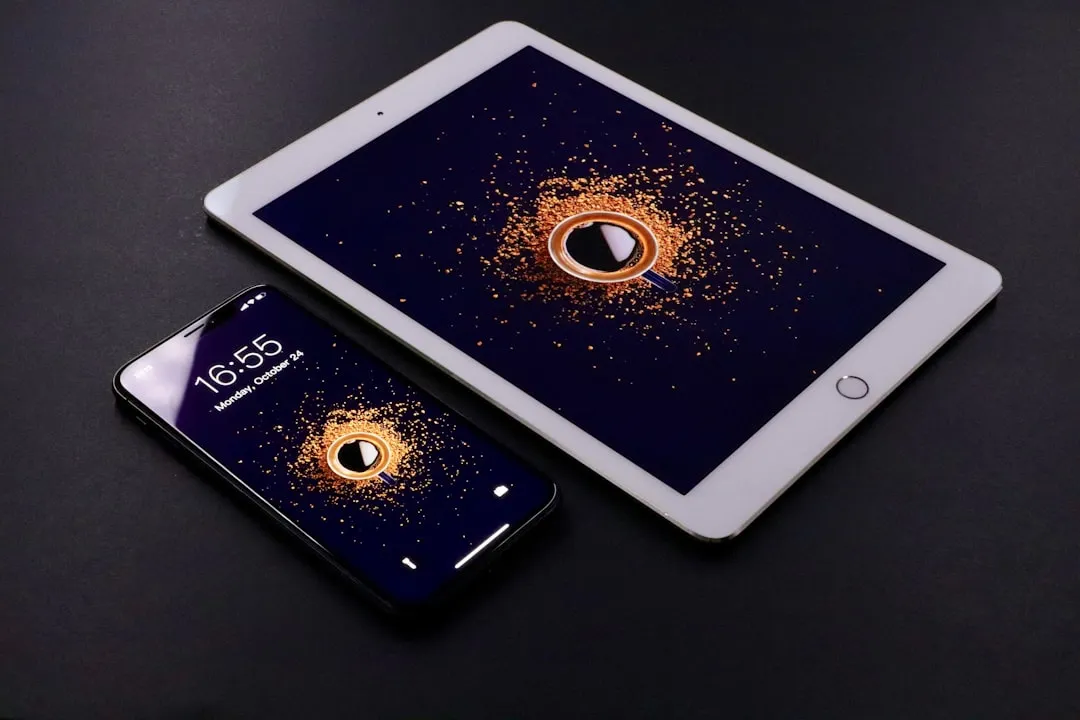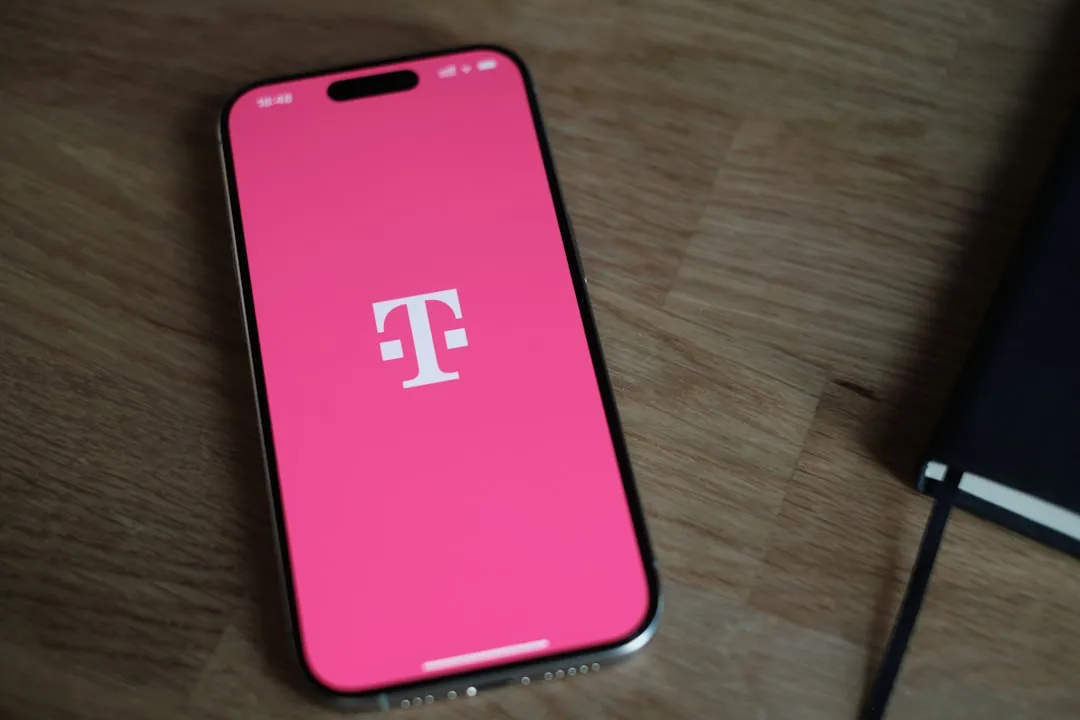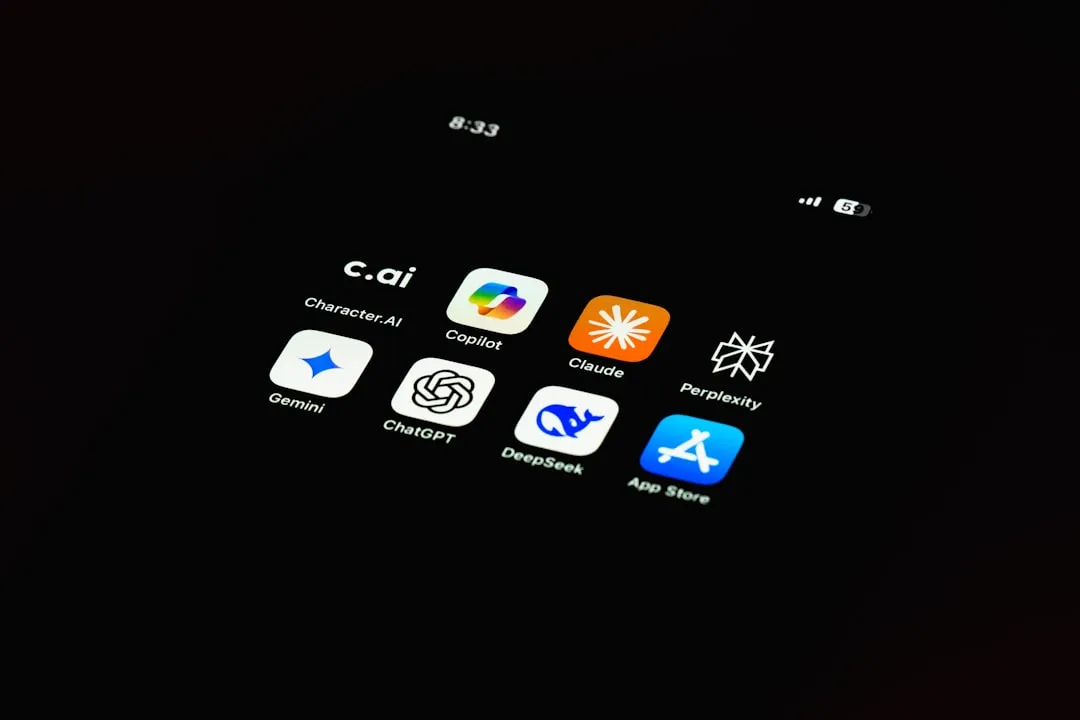It's getting harder and harder to escape ad tracking by the day. For the latest example, look no further than T-Mobile. The No. 2 carrier updated its privacy policy on Feb. 23, 2021, indicating that it would start sharing customer data with advertisers under the guise of more relevant ads starting April 26. If that's not something you'd like to participate in, there's a way to opt-out.
This news comes at the same time Apple is making it more difficult for developers to track users across iOS. Apps are now required to get permission from users before tracking their activity across other apps and websites. It's a common story in tech these days — some companies seek to sell our data, others work to protect it.
What's Changed in T-Mobile's Tracking Policies
More relevant ads is the excuse that most companies make when discussing why they share customer data with advertisers. To be fair, it's true that the more personal data advertisers have about you, the more useful the ads you see will be. Theoretically, with a fully developed ad profile, you won't see ads and commercials for things you're not interested in.
However, most of us hate ads regardless of how relevant they are. Plus, the practice of getting those relevant ads is sketchy, to say the least.
[S]tarting April 26, 2021, T-Mobile will begin a new program that uses … information we learn from your web and device usage data (like the apps installed on your device) and interactions with our products and services for our own and 3rd party advertising, unless you tell us not to. When we share this information with third parties, it is not tied to your name or information that directly identifies you. Instead, we tie it to your mobile advertising identifier or another unique identifier.
As you can see, T-Mobile claims it masks your data so that advertisers can never tie the data back to you. However, Electronic Frontier Foundation lawyer Aaron Mackey has some doubts about its effectiveness:
It's hard to say with a straight face, 'We're not going to share your name with it' … This type of data is very personal and revealing, and it's trivial to link that deidentified info back to you.
Overall, this isn't really anything new for T-Mobile. To some degree, it already shared information about the apps used on your iPhone or Android smartphone before, as well as interactions with its products and services, to serve more relevant third-party advertisements.
Advertise and market Products and Services, including through targeted advertising, contests, and sweepstakes.
With the Feb. 23 update to the privacy policy, that line in the "How We Use Personal Data About You" section has been changed to include third parties:
Advertise and market products and services from T-Mobile and other companies to you, including through targeted advertising and communications about promotions and events, contents [sic], and sweepstakes.
But T-Mobile already had wording in its privacy policy, advertising and analytics information, and other sections of its site indicating that it shared anonymized personal data to third parties. While this sharing was likely for "partner" third parties, an update to its advertising and analytics information adds the following paragraph to the "How Your Data is Used to Target Ads" section, indicating it might sell your data outright instead of just sharing it with advertising partners.
[U]nder T-Mobile's personalized ads program, we use and analyze data from things like device and network diagnostic information (Android users only), apps on your device, and broadband information. This data helps us understand more about user interests (e.g., sports enthusiast, loves cooking, etc.). Using this information, we create groups known as "audience segments," which may be used by T-Mobile or sold to third parties to make ads more relevant to you. When we sell audience segments, we do not sell information that directly identifies customers, like name, address, or email. Rather, audience segments are associated with mobile advertising IDs, which are long set of numbers and letters. For example, this might say something like "2drdn43np2cMapen084" is a sports enthusiast."
Sprint, which T-Mobile acquired, already sold device usage data for targeted advertising, but users had to opt-in to it, so those that did nothing didn't have to worry. But when Sprint users migrate to T-Mobile completely, they will automatically have opted into targeted advertising.
How to Opt-Out of T-Mobile's New Tracking
You can opt-out of having your data used for T-Mobile's new personalized ads program for targeted advertising using one of the following methods for T-Mobile, Sprint, or Metro:
From the T-Mobile App
In the T-Mobile app, head to the "More" tab, tap "Advertising & Analytics," then disable the toggle for "Use my data to make ads more relevant to me."
From MyT-Mobile.com
If you'd rather use T-Mobile's website, myt-mobile.com, click the "My account" drop-down menu, then head to "Profile," tap "Privacy and Notifications," and then "Advertising & Analytics." Now, disable the toggle for "Use my data to make ads more relevant to me."
From Sprint's Website
To opt-out on Sprint, go to sprint.com/en/login.html, then choose "My Account," followed by "Preferences." Then, scroll down to "All about my account" and choose "Manage advertising and analytics preferences." Next, scroll down and choose the number (line) you want to opt-out, then toggle off "Use my data to make ads more relevant to me."
From Metro's Website
You can opt-out through the MyMetro mobile app for Android or iOS, or you visit metrobyT-Mobile.com/iba in a web browser. However, you must be on the mobile device you want to opt-out to access your settings through the browser. Now, in either the web app or mobile app, visit the "Account" tab, choose "Network and Location Settings," and make sure to toggle off the "Use my data to make ads more relevant to me" switch.
More Options for Privacy on T-Mobile
If at any time you want to access the data that T-Mobile has collected on you or have it deleted, you can submit a personal data request to the company. Also, you can update your general "Do Not Sell My Personal Information" settings so that T-Mobile won't sell personal data to third parties. You can also opt-out of marketing communications from T-Mobile if you're currently receiving them via email, phone calls, text messages, or direct mail. (View more information about T-Mobile's data collection policies and settings.)
Cover photo and GIFs by Jake Peterson/Gadget Hacks




























Comments
Be the first, drop a comment!